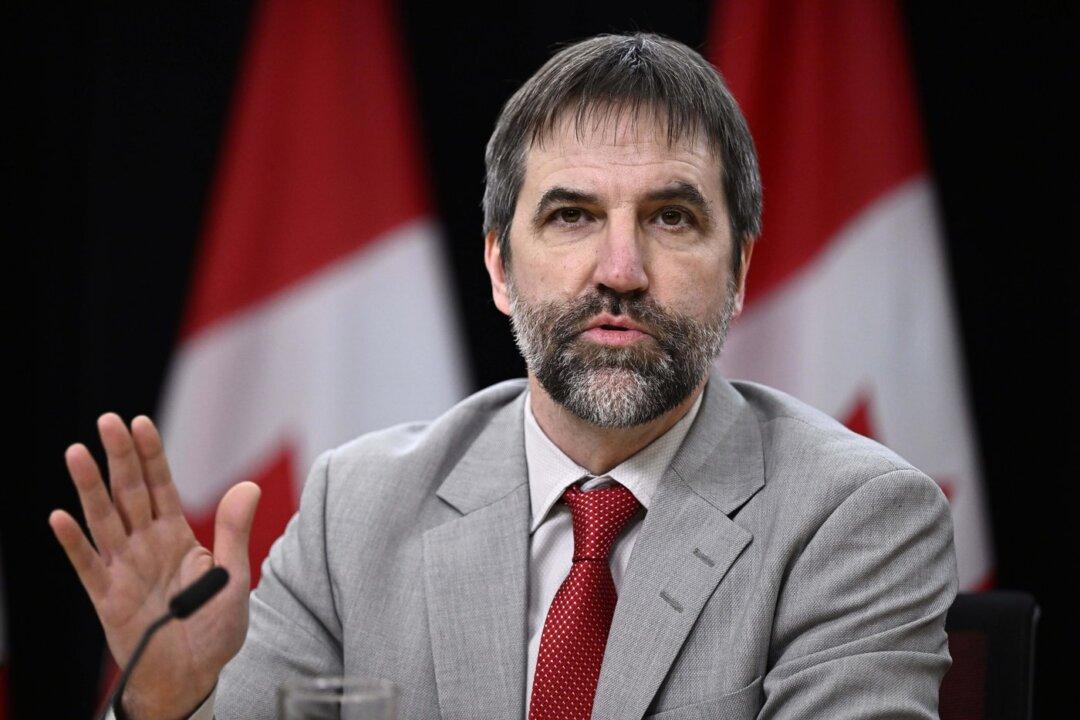Environment Minister Steven Guilbeault has unveiled new draft regulations seeking to accelerate the reduction of methane emitted by the oil and gas sector.
“By tackling methane emissions, we’re activating one of the most powerful levers we have against climate change,” Mr. Guilbeault said Dec. 4 from the United Nations Climate Change Conference (COP28) in Dubai.





